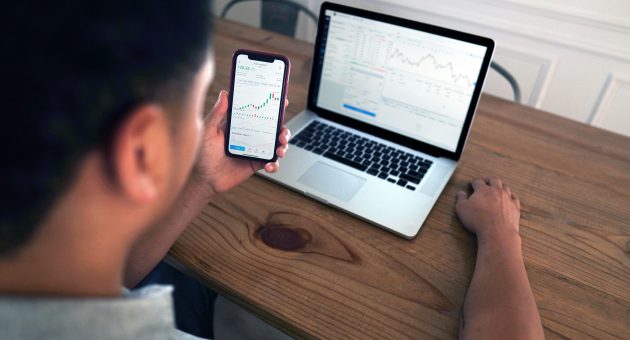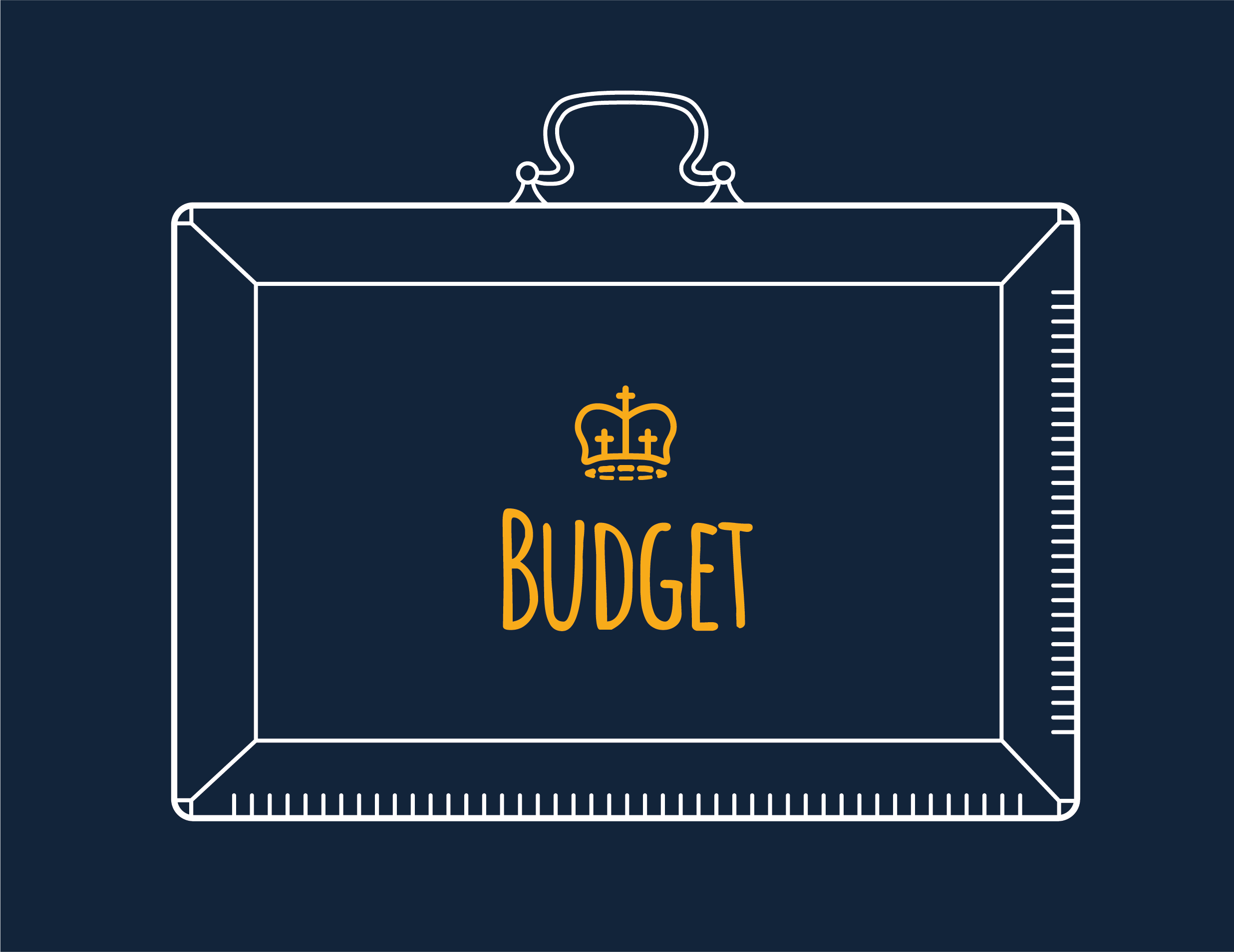
If you’re wondering how to invest your money, we’ve put together a helpful guide for beginners to help find which investment could be best for you.
Making investments for the future is a great way to prepare for a rainy day and be prepared for whatever life brings. Also, sticking to an investing strategy can help you if you’re working towards a specific savings goal, such as if you want to buy a new car, you’re saving towards a housing deposit or want to create a nest egg for the future. However, not everyone is an expert in investing and knowing where to start can be a daunting task.
How much money do I need to invest?
The amount of money you need to invest depends on factors such as your current financial situation, your age and your personal investment goals. If you can only afford to save a little each month or you’re on a low income you may only want to save between £10-£50. However if you can afford to save a little more, whether you’re on a higher income or if you’re willing to make adjustments in your spending you could save more to achieve your savings goals sooner.
Before investing, it’s important to assess your financial situation, including your income, expenses, debt and emergency savings. You should also consider your risk tolerance and investment goals, such as how much money you want to save and how long you want to leave your money invested.
There’s no one correct way to save, and if you’re a beginner you may want to do some research or use an online investment tool to determine how much you should invest and make an informed decision.
Consider savings that you might need
Working towards an investment goal is a great mindset to have, as it can be very rewarding seeing the amount you’re accruing and finally receiving the end result. However, rainy days can happen and nobody knows what the future could bring. This is why you may need to consider having an emergency fund before you start to invest.
Accidents happen and anyone could find themselves with a broken boiler, car trouble or a leak. You could also find your expenses significantly rising, whether it’s an energy bill, insurance or your rent/mortgage payments. This is where having an emergency fund could come in handy, as it would manage any unexpected costs without impacting your ability to regularly invest each month.
What are the perks of investing?
There are various perks of investing, including:
- Potential for higher returns: Investing via stocks, bonds and mutual funds, can provide higher returns than traditional cash or savings accounts over the long term.
- Tax efficient investing: Certain types of investments, such as stocks and shares ISAs or junior ISAs, allow you to invest tax efficiently and invest up to an amount set by the government each financial year without being taxed.
- Keep up to inflation: Investing can help you keep up to the rise in inflation, as your investment can continue to grow.
- Diversification: By investing in a variety of assets, you can spread your risk and reduce the impact of any single investment’s performance.
- Compounding: Investing can allow you to benefit from compounding returns, which means that you earn returns on both your initial investment and any returns earned on that investment over time.
How risky is investing?
While investing can help you grow your funds and achieve your long-term financial goals. It’s important to remember that all investments come with risk, and you should carefully consider your goals and risk tolerance before making any investment decisions.
Some investments, such as stocks and shares, can be considered to have greater risk than others, such as cash ISAs and savings accounts. However, these have less room for growth as they will have lower interest rates. This is why investing is not a one-size-fits-all approach, and what may be a suitable level of risk for one person may not be appropriate for another.
There is no guarantee that every investment will be profitable, as some investments may result in a loss of capital. The level of risk associated with investing can vary depending on a number of factors, including;
- The type of investment
- The amount invested
- The length of time the investment is held
- The market conditions.
When investing it is important for investors to understand the risk factors and risks associated with their investments and to take them into careful consideration. To avoid any unnecessary risk, it’s important for investors to diversify their portfolios and to avoid investing more than they can afford to lose.
Different kinds of investments for beginners
Starting your investment journey is a great way to prepare for the future and whatever life may bring, although for beginners it may be daunting to know where to start. There are a variety of ways to invest that each have their own pros and cons and depending on your investing goals, risk tolerance and whether you’re investing for short-term gains or long term growth, different investments will suit different people. Below are some of the common ways beginners can invest.
Stocks & shares
Stocks and shares are a type of investment that allow you to purchase partial ownership in a company. When you buy a share of a company’s stock, you become a shareholder and own a portion of the company. Shareholders then earn dividends, which are a portion of the company’s profits, and can also vote on important company decisions.
Investing in stocks and shares can be a way to potentially earn a return on your investment and grow your wealth over time, but it comes with risks as the value of a stock can go up or down based on the company’s performance and market conditions. If the stock value falls or the company has a low performance your investment could become worth less than what you initially invested. On the other hand if you sell your shares at a higher price than you paid for them, you’ll make a profit.
It’s important to remember that investing in and trading stocks involves risk, and you could lose your investment as well as make a profit. This is why it’s important to do your own research or meet with a financial adviser to fully understand the fundamentals of the companies you’re interested in before purchasing their stock.
Funds
A fund is a type of investment that brings together money from multiple investors to purchase a diversified portfolio of stocks, bonds, or other securities. When you invest in a fund, you are essentially buying a share of the fund, which represents a portion of the total assets held by the fund.
Mutual funds are typically managed by professional portfolio managers who are responsible for selecting and managing the fund’s investments. These managers use their expertise to research and analyse securities, make investment decisions, and monitor the performance of the fund.
The main advantages of investing in a mutual fund include diversification, and giving responsibility of investment decisions to an expert. By investing in a single fund, you gain exposure to a wide range of securities across different industries, which can help reduce risk and improve returns over the long term.
Each type of fund has its own investment objective, risk profile, and potential rewards, so it’s important to carefully research and select funds that align with your investment goals and risk tolerance.
Property
Property investments involve purchasing real estate in order to generate a steady income or a profit on your investment. This can be achieved through rental income, the property gaining value or by buying and selling properties for a profit.
You can invest in various types of real estate, such as residential properties (houses and apartments), commercial properties (office buildings, retail spaces), industrial properties (warehouses, manufacturing facilities), and land.
Investing in property requires careful research, analysis, and management to ensure that the investment is profitable. Factors to consider include the location of the property, its current and potential value, the local real estate market conditions, financing options, and the potential for rental income or resale.
While the benefits can be very profitable, initial investments will likely need to be very large to act as a deposit. Also, investing in property carries risks, such as market volatility, property damage, legal issues, and tenant problems, which need to be carefully evaluated and managed.
Materials and other investments
Investing in material goods like art, gold, jewellery, fashion, or wine is another way to invest that involves buying and holding physical assets in the hopes of earning a profit from their appreciation in value over time. This is similar to investing in property, however in certain cases the initial investment costs, and purchase process can be quicker and cheaper in comparison to investing in property.
- Art: Art can be an expensive but profitable investment as the value can grow over time due to the reputation of the artist, the rarity of the piece, and historical significance. However, the art market is highly subjective, and the value of a particular piece can be affected by changes in taste and the availability of similar works.
- Gold: Gold is considered a safe haven asset that investors can use to protect themselves against inflation, economic uncertainty, and currency devaluation.
- Jewellery: Like art, the value of jewellery can grow over time but depends on a variety of factors, including the quality of the materials, how rare the piece is, and the reputation of the designer.
- Fashion: Investing in fashion involves buying limited edition or high quality pieces from respected designers or brands. The value of these items can appreciate over time due to their quality and exclusivity. However, their value can be affected by changing trends, the availability of similar pieces and if the quality has faded due to usage.
- Wine: Wine can also appreciate in value over time due to the age of the wine and the location and reputation of the vineyard. However, the value of a particular vintage can depreciate if the right storage conditions haven’t been met.
While profits can be made from material investments, it’s important to know that these aren’t regulated forms of investments and won’t be covered by FSCS should you make a loss on your investment.
What are the best investments for beginners?
There are a variety of investments for beginners, each with their own benefits, risks and recommended length of time to invest.
However, if you’re looking for an investment that is quick and easy to start that can grow over the medium to long term the best investment for some beginners could be a stocks and shares ISA. Shepherds Friendly’s Investment ISA can be opened from just £30 a month and is managed by our expert fund managers. Allowing you to invest in shares, funds, bonds, and other assets. Also as this is a government-backed tax-exempt savings plan, you won’t pay income or capital gains tax on any money that you earn on your savings. However, with all investments your capital is at risk and you may get less than what you initially invested. This is why it’s recommended to invest over a minimum of 5 years.
As you learn how to invest it’s very important that you weigh all of your options, assess your risk level, and make sure you have savings in addition to your initial investment. Investing for beginners can be a daunting task, which is why it’s important to do your research, set yourself a goal and be prepared for whatever life may bring.


